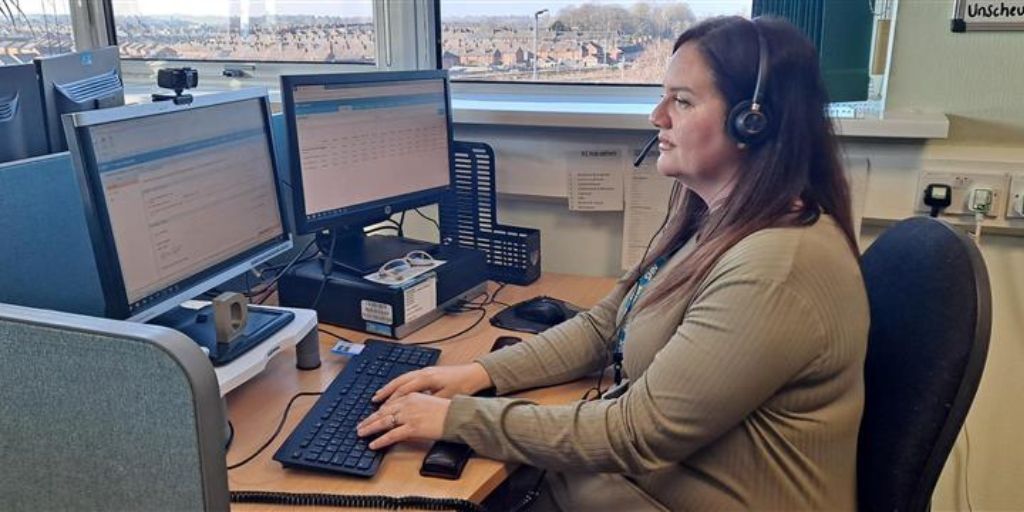
Every year thousands of people in north Cumbria are avoiding an admission into hospital thanks to a local community rapid response team.
The community rapid response teams are part of North Cumbria Integrated Care NHS Foundation Trust’s community care teams based across the county. They are made up of district nurses, physiotherapists and occupational therapists as well as advanced clinical practitioners and other professionals.
If a person is identified as having urgent needs that are not life threatening the local community rapid response team can be called to assess if support can be given from the range of professionals available that will enable the patient to be supported at home.
The team can get a call from the ambulance service, GPs, adult social care or other NHS professionals.
Fi Greenslade, one of the Clinical Leads for the Carlisle Integrated Care Community at North Cumbria Integrated Care NHS Foundation Trust said:
“The Rapid Response process is proving to be a really successful initiative, we know from past experience that most people want to avoid hospital admission if at all possible. This process gets them the care they need in the comfort of their own homes from teams who are highly skilled to do so. From November 2021 – January 2023 we have seen 2436 patients with only 102 of those patients needing to either to go A&E or a more alternative health setting for care.”
Rachel Jamieson Operational Lead for Urgent Community Response at North Cumbria Integrated Care NHS Foundation Trust explained the process:
“When a call comes in it is triaged by the professional of the day who then assigns the most appropriate person to that patient. It may be a district nurse or a therapist or advanced clinical practitioner. That person is then deployed to the person’s home to assess and stabilise the patient and make sure that the care that is needed is in place. Without this team that person would need to be sent to hospital.”
One person who has benefited from the rapid response team is Robert Dixon from Carlisle. He is now getting scheduled care from the district nursing team following an operation but he has needed to make an urgent call to the team when the wound was not healing as it should.
He said: ”They are marvellous, I have nothing but praise for them. It’s so much better getting the treatment at home I don’t want to go back into hospital – even though the hospital staff were brilliant – I want to be here.”
Being supported by the district nursing team and knowing that there is a rapid response team available if things take a turn for the worse is very reassuring for people like Mr Dixon.
It’s estimated that around 30% of people who attend Accident and Emergency departments do not need to be there and would be better suited to the Rapid Response pathway. Since embedding the rapid response process the teams have reported that over 200 people a month are seen with over 90% of those people avoiding hospital admission.












